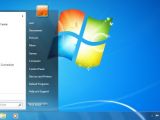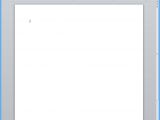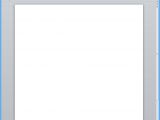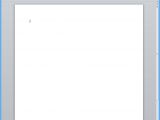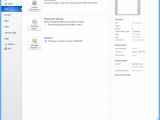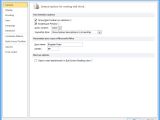Microsoft has filed a lawsuit against an AT&T customer who allegedly activated illegal copies of Windows 7 and Office 2010 on his computer, explaining that its very own cyberforensics group managed to find his IP address.
The software giant said in the court documents that it had no other information about the user, but explained that he actually managed to activate pirated copies of its software, including Windows 7 and Office, using an AT&T connection.
At this point, it’s not yet clear if the company contacted AT&T to find out the identity of the customer, but the telecommunications giant will now have to provide such information to prosecutors as part of the lawsuit file at the federal court in Washington.
User trying to activate “numerous copies” of MS software
According to court documents obtained by TorrentFreak, Microsoft noticed several activation requests from IP address 76.245.7.147, which belongs to AT&T Internet Services, as the company noted.
“Microsoft’s cyberforensics have identified a number of product key activations originating from IP address 76.245.7.147 (‘the IP address’), […] which is being used by the Defendants in furtherance of the unlawful conduct alleged herein. These activations have characteristics that on information and belief, establish that Defendants are using the IP address to activate pirated software,” it says.
While no details on this IP have been provided, a simple search on Google reveals that the IP indeed belongs to AT&T and is based in Illinois.
“Data voluntarily provided by users”
The company says that all details that have been used during its investigation are actually “voluntarily provided by users and also include the IP address which also provides info on the location of the computer.”
The court documents reveal that the user activated several copies of Windows 7 and Office 2010, which have either been stolen from Microsoft’s supply chain or come in the form of DOEM product keys from the refurbisher channel.
A third scenario is that these “product keys of various types have been used more times that they are authorized by the applicable software license,” as the company states, but no matter what happened, the user behind this whole case faces a large fine and possibly a prison sentence.
At this point, it’s not yet clear how many pirated licenses were actually used during these activation attempts, so we’ve contacted Microsoft for more information and will update the article when we hear from the company.
In the meantime, stay calm and buy Windows.
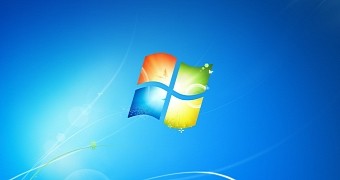
 14 DAY TRIAL //
14 DAY TRIAL // 
